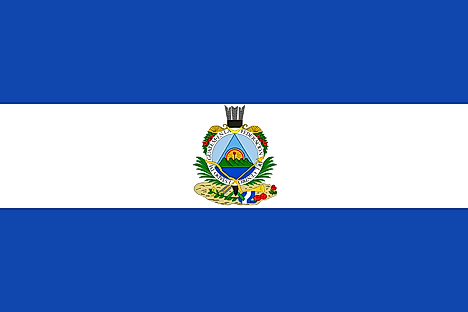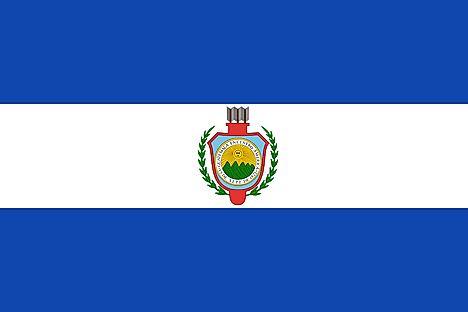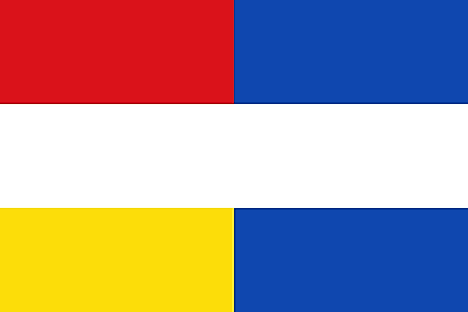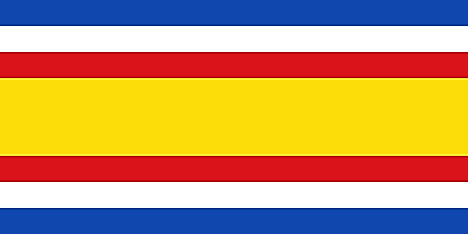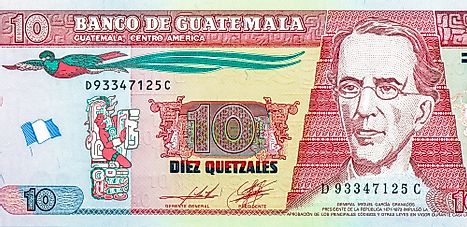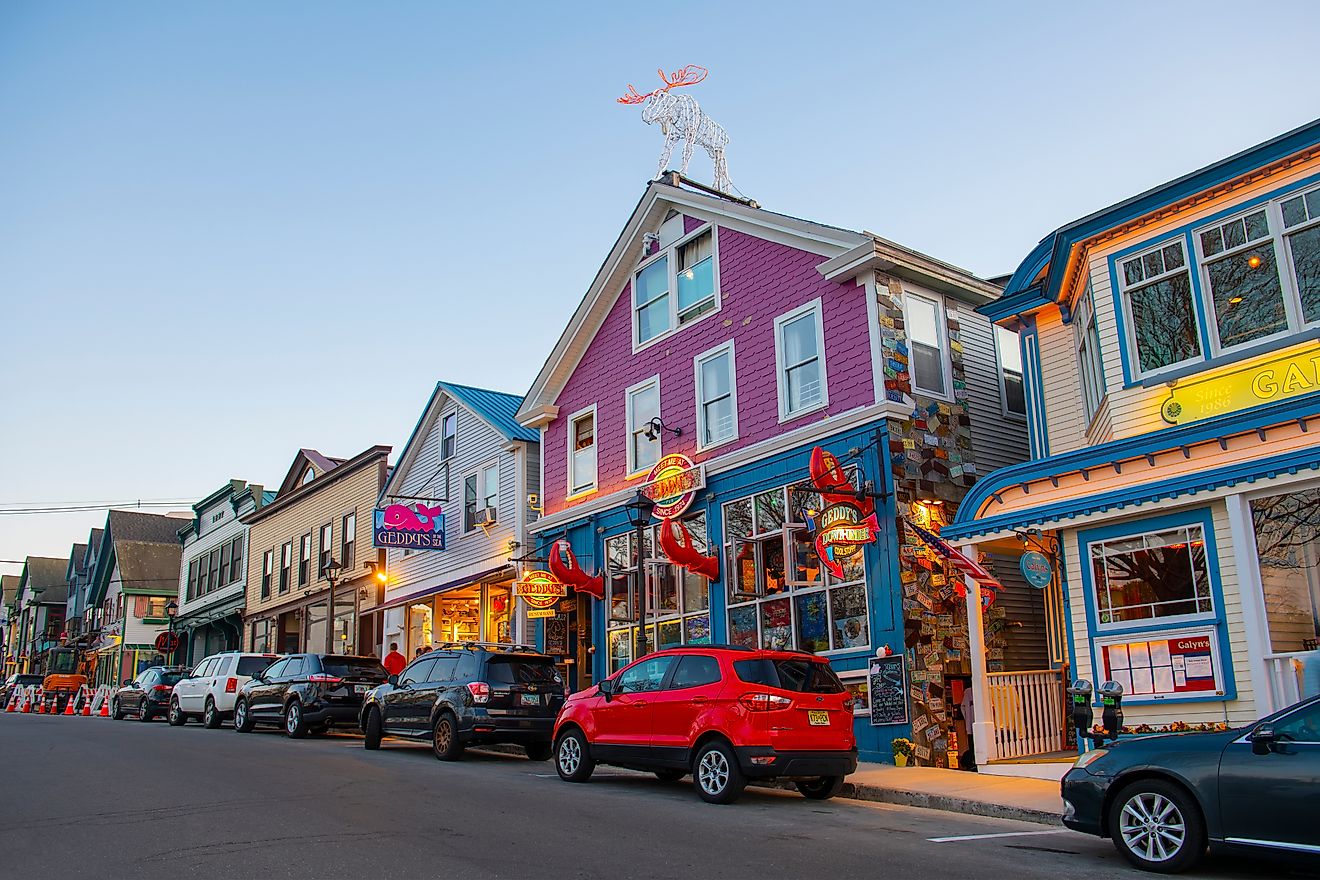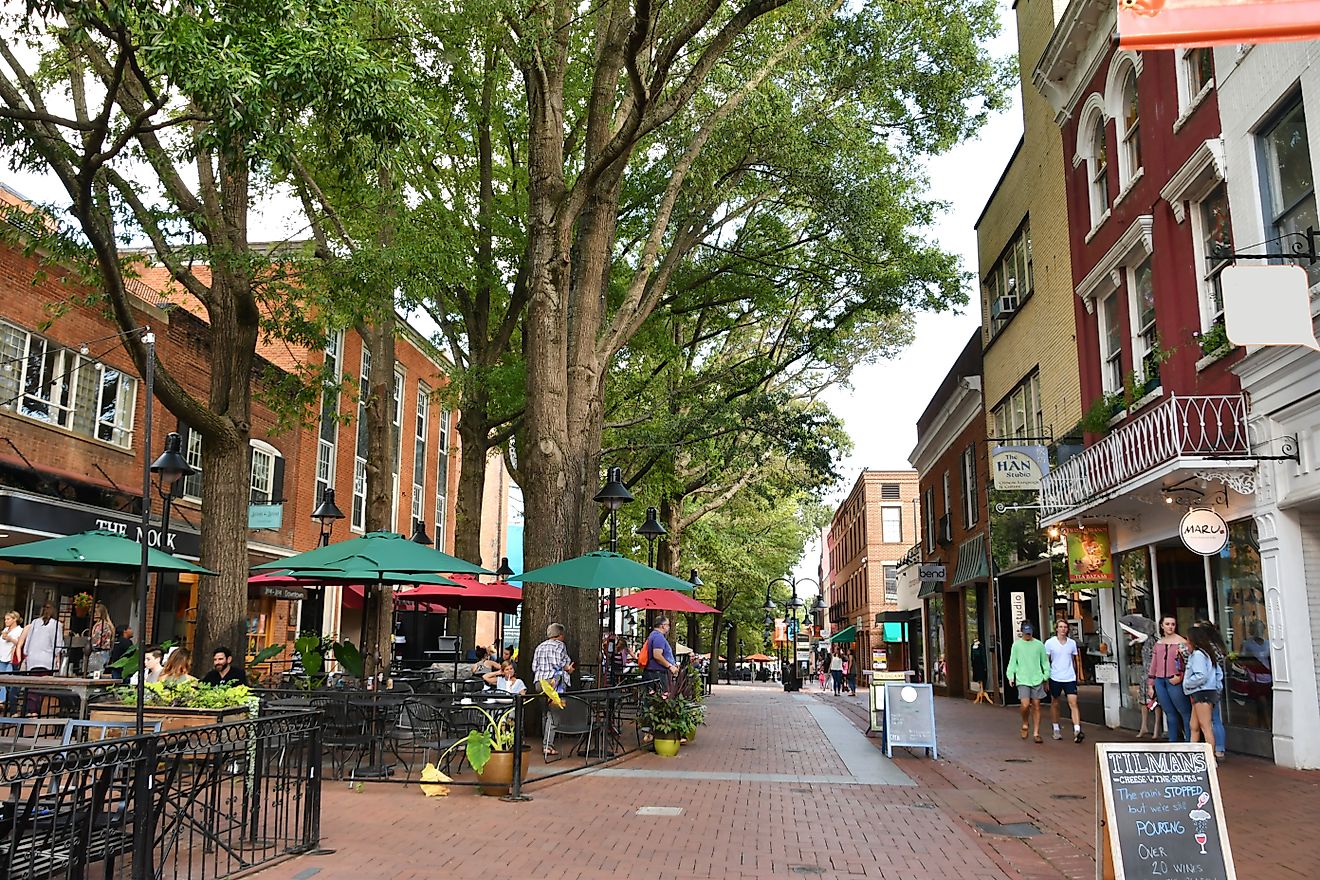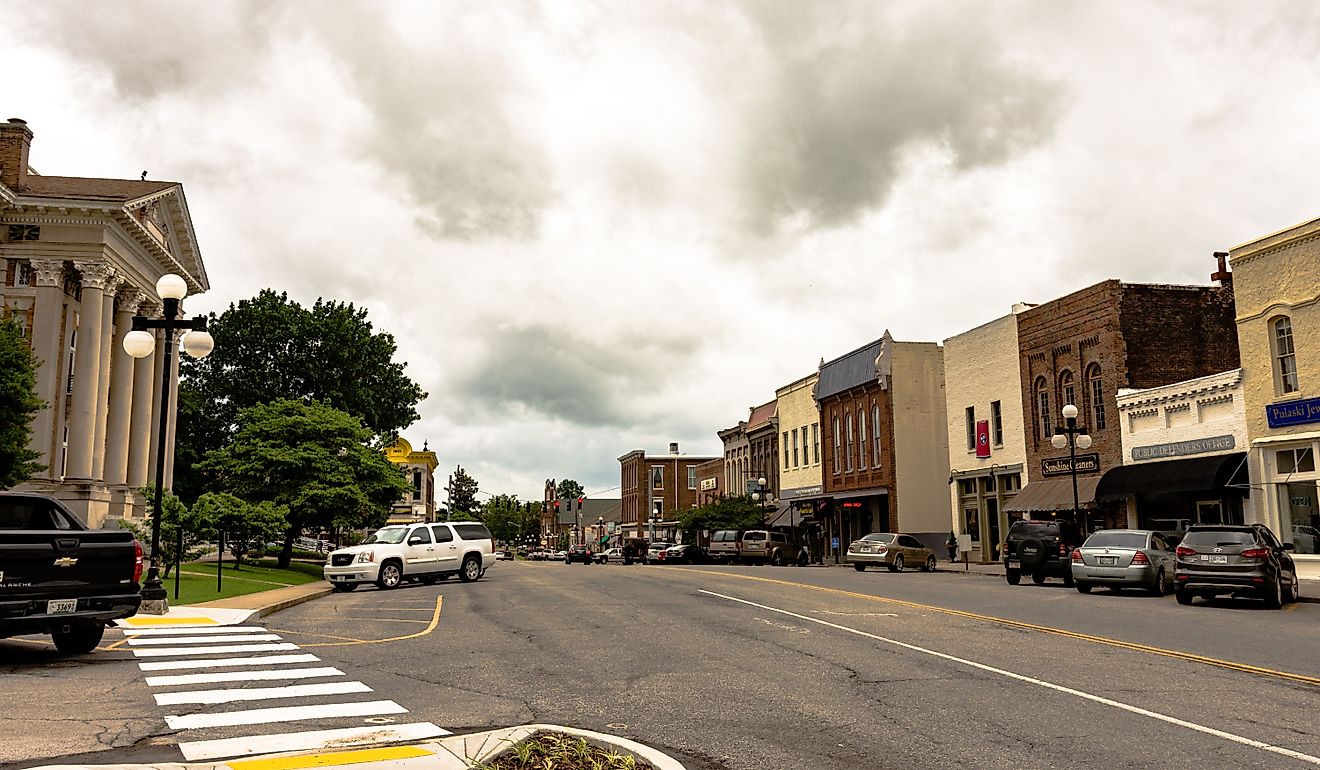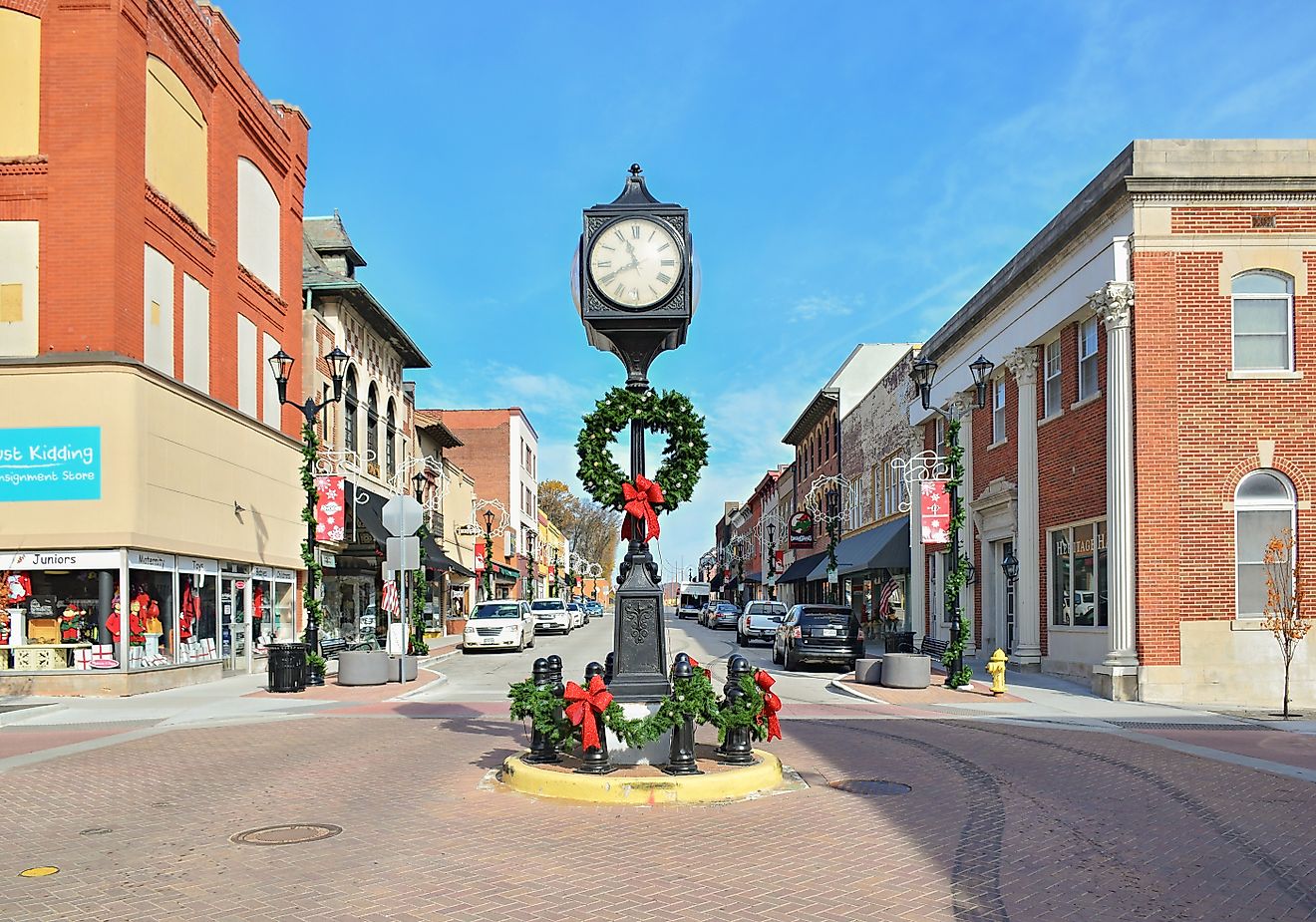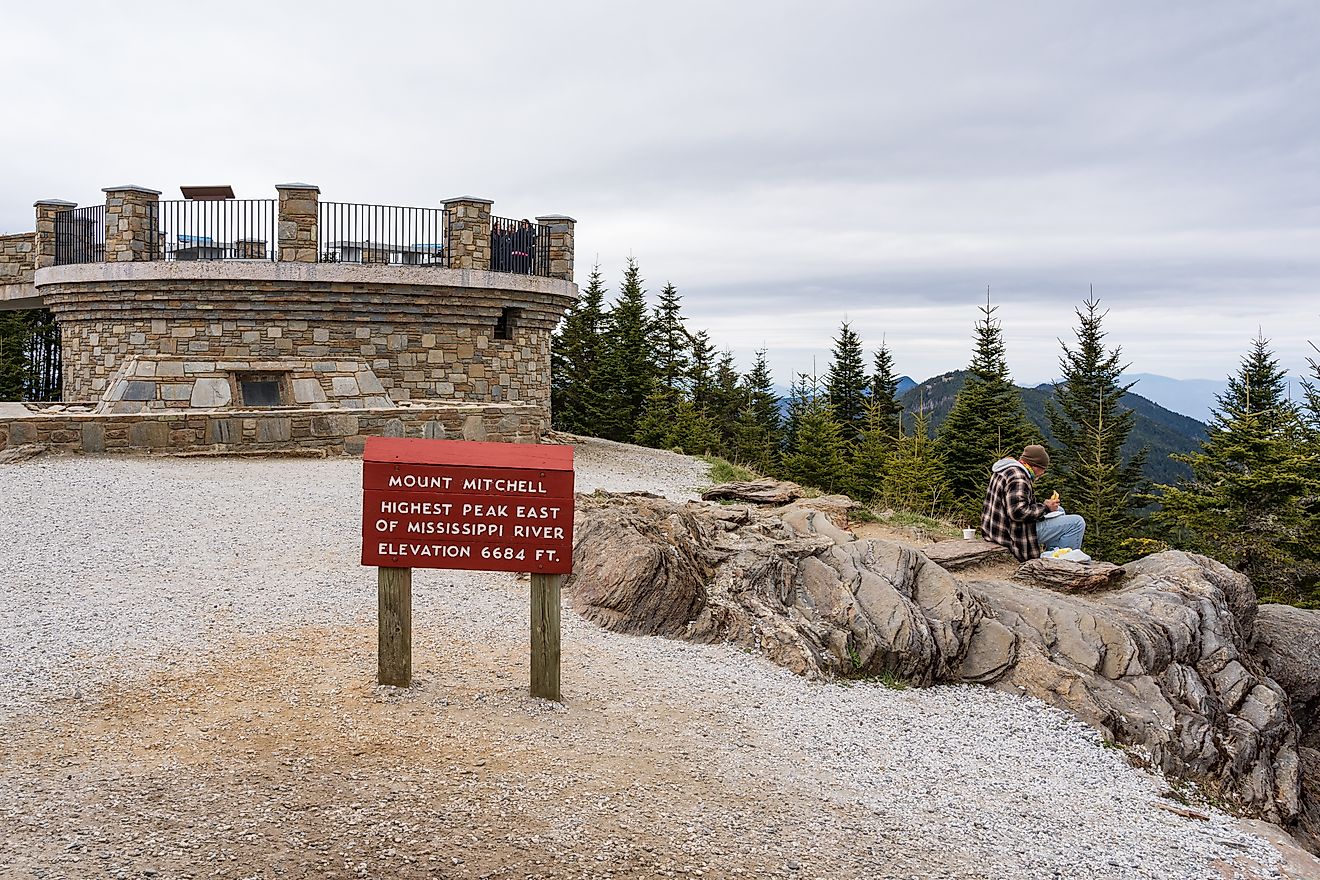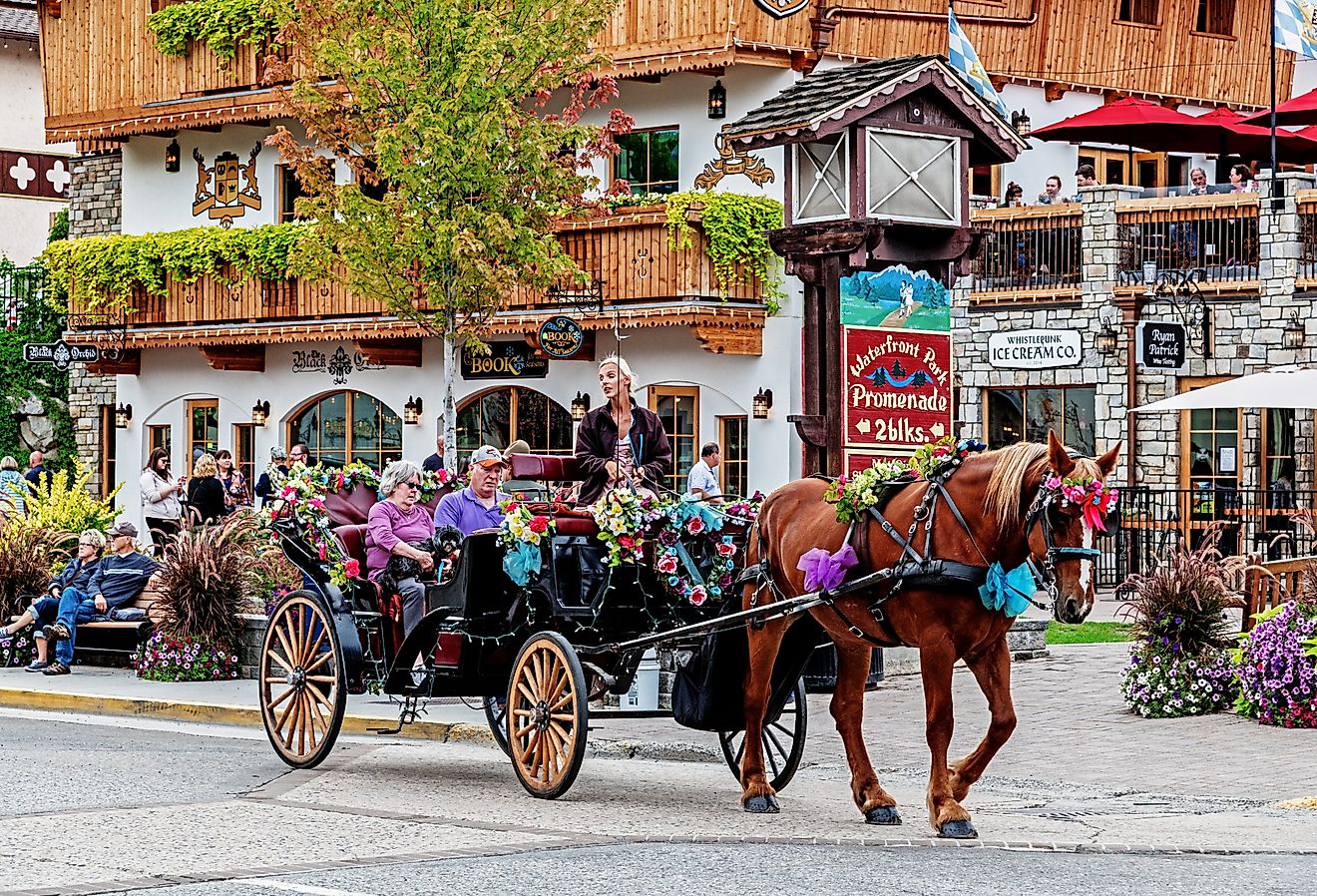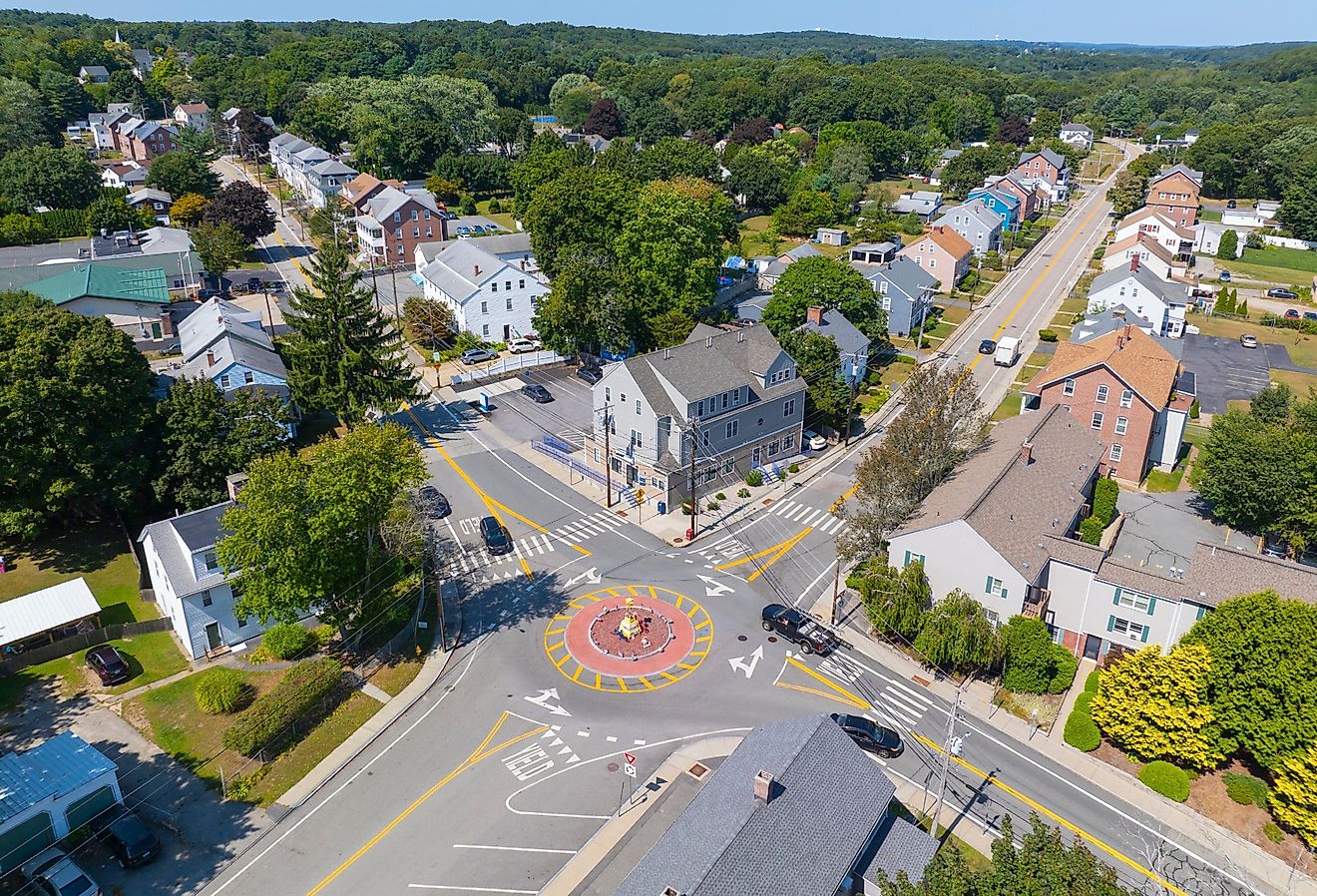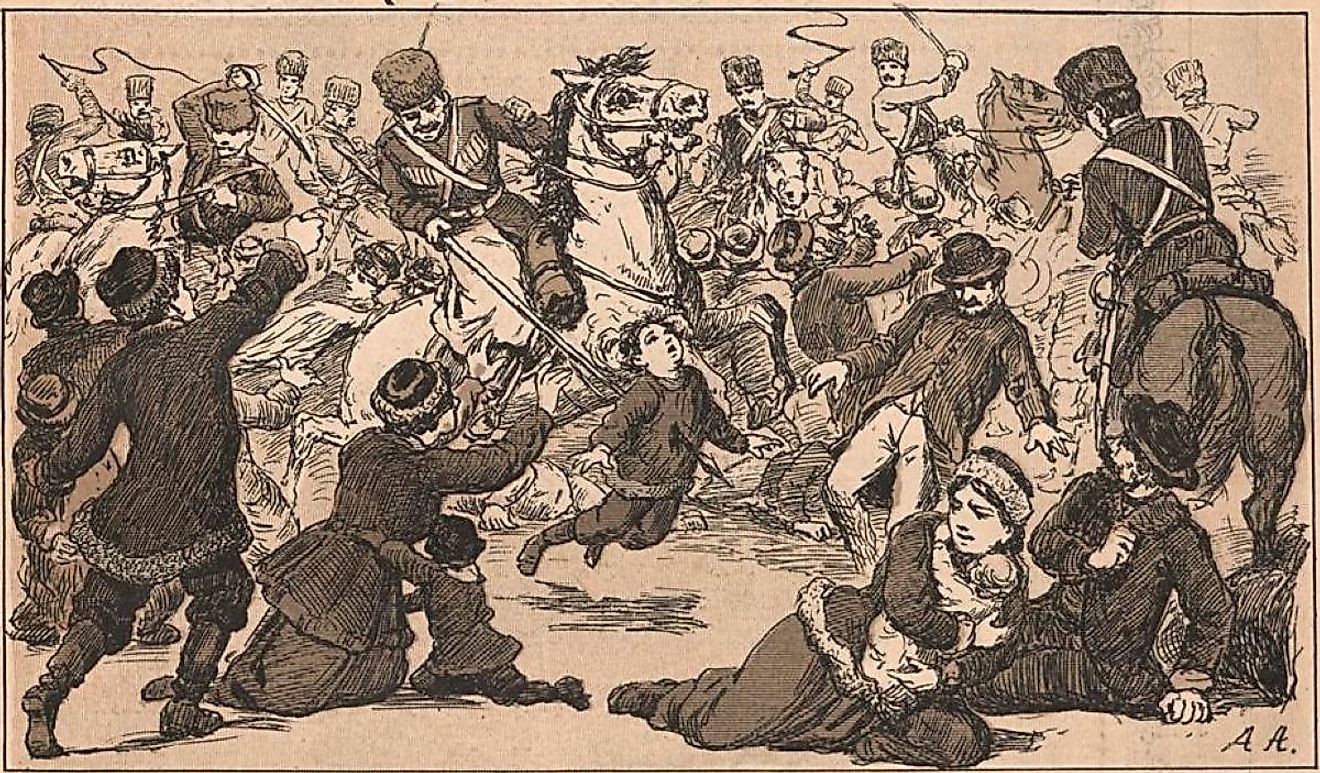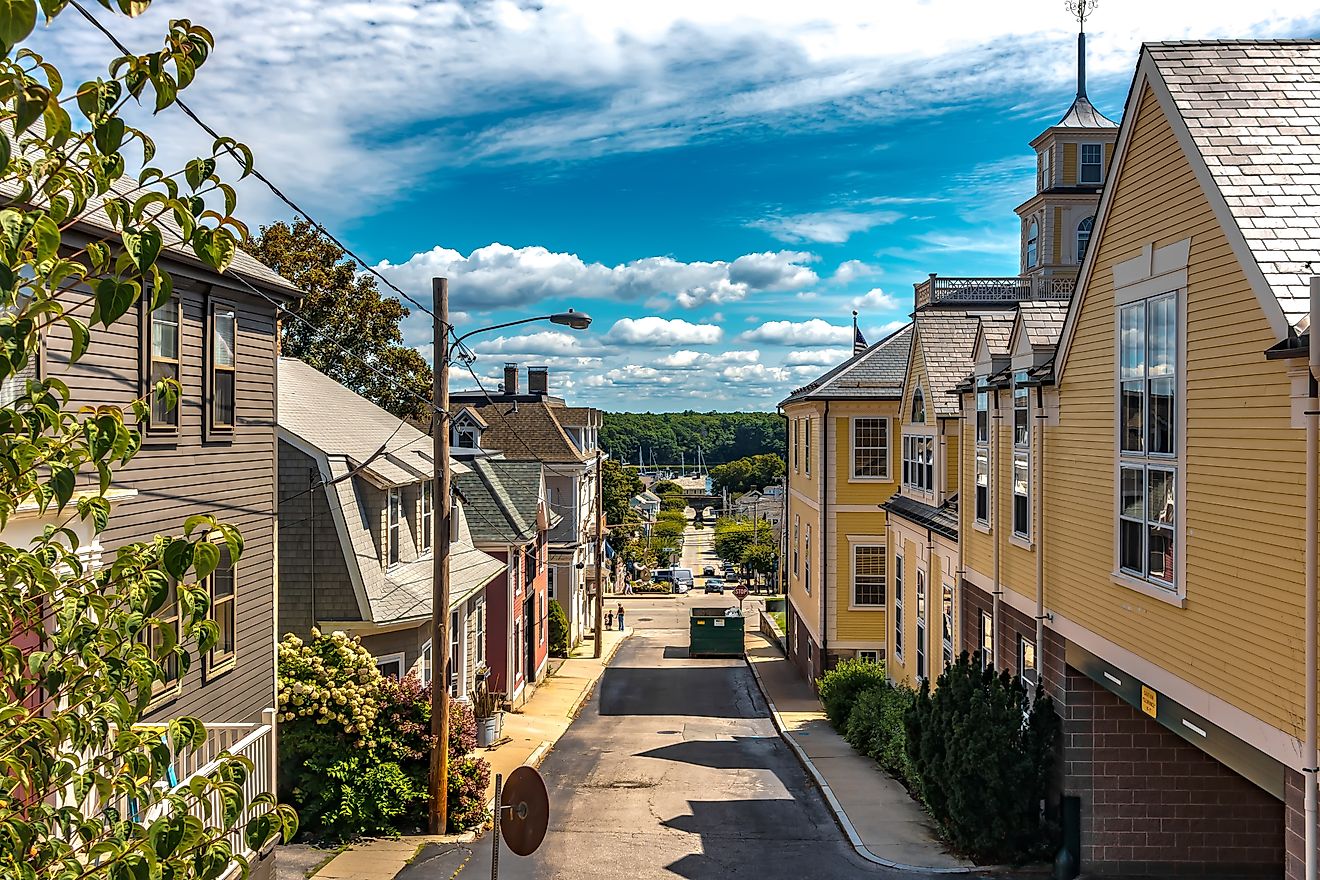Flags, Symbols, & Currencies of Guatemala
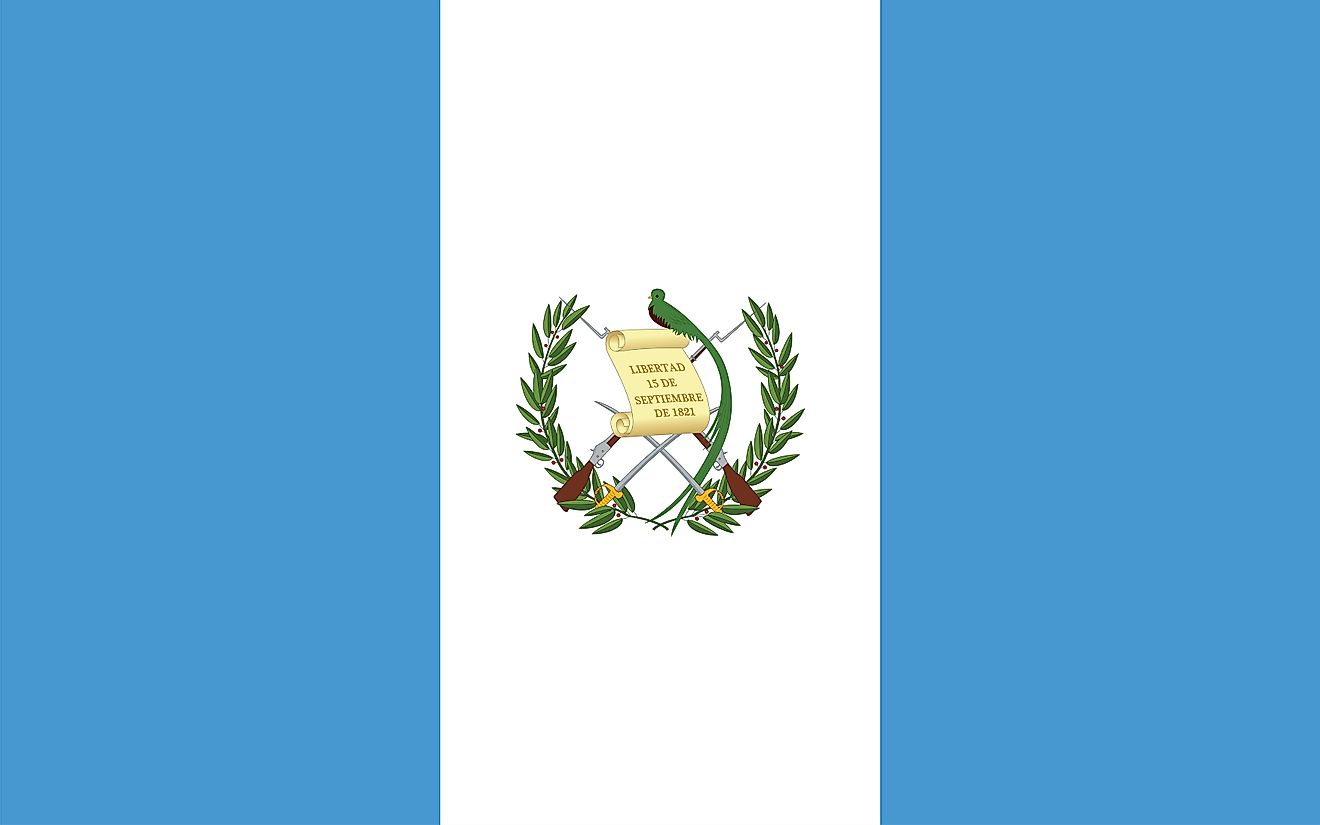
The Flag of Guatemala is among the country’s national symbols and is also known as the “Azuliblanco” which translates to “blue and white,” based on the flag’s distinct appearance. The national flag was adopted in Guatemala in 1871.
Description of the Flag of Guatemala
The flag has a rectangular design whose dimensions are 5:8 for its height to width. The flag features a vertical tri-band made up of two colors; light blue and white. Two light blue bands are seen on the flag’s hoist and fly edges, while the white band is sandwiched between the two light blue bands. Centered on the white band is Guatemala’s National Emblem. The National Emblem features a crown of bay laurel branches, two crossed bayonets, and Remington rifles whose handles are on the bottom of the bay laurel wreath. On the center of the emblem is a parchment scroll which has the Spanish inscriptions “Libertad 15 de Septiembre de 1821” (Freedom September 15th, 1821) written in gold color. Perched on top of the parchment scroll is a resplendent quetzal, the country’s national bird which has green body feathers and red breast feathers.
Symbolism of the Flag of Guatemala
The two light blue bands symbolize the position of Guatemala between two oceans, The Atlantic Ocean and the Pacific Ocean. These light blue bands are also said to stand for the blue skies over the country. The middle white band is said to stand for the virtues of purity and peace. The two crossed Remington rifles symbolize the country’s courage and ability to defend itself using arms against any external threats. The bay laurel crown symbolizes the country’s victory against the oppression of colonization. The gold inscription on the parchment scroll “Libertad 15 de Septiembre de 1821”, is an expression of the country’s sovereignty, and states the date when Guatemala gained independence from Spain (September 15th, 1821). Besides being the country’s national bird, the resplendent quetzal’s appearance on the National Emblem represents liberty. The two crossed bayonets are said to represent honor.
Other Flags of Guatemala
The country also has other officially recognized flags, all of which are designed based on the national flag. One such flag is the country’s civil ensign. The flag closely resembles the national flag, and even have similar length-width proportions. The main difference is that the civil ensign does not feature the National Emblem. Other official flags in Guatemala are the Flag of the President of the nation, the Flag of the President of the Congress, and the Flag of the President of the Supreme Court. The designs of these flags mirror that of the national flag, featuring the tri-band of light blue and white stripes and the national emblem on the center. The distinct feature on these flags is the addition of gold, five-pointed, equally-spaced stars, arranged vertically on the hoist edge of the flags. The Flag of the President has five of these stars, while the Flag of the President of the Congress has four of them. The Flag of the President of the Supreme Court has the least number of stars, having three of them.
Symbols of Guatemala
National Coat of Arms of Guatemala
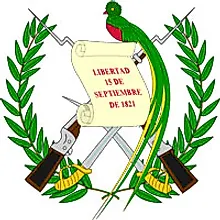
The Coat of Arms features two Bay Laurel branches symbolizing victory. The bird displayed in the crest is the Quetzal. In Guatemala this bird is a symbol of liberty. The scroll contains the date that all of Central America was declared independent from Spain. The crossed rifles are a warning that Guatemala will defend itself with force if necessary. Finally, the swords represent the honor of the people of Guatemala.
National Anthem
- Anthem Title: National anthem of Guatemala
- Music composer: Rafael Álvarez Ovalle
- Lyricist: José Joaquín Palma
- Date of Adoption: February 19, 1896
Although the national anthem of Guatemala has no title, it is often erroneously referred to as "Guatemala Feliz" from the first opening line. It was adopted on February 19, 1896, following a competion to select an anthem. The anthem's lyrics were written by José Joaquín Palma, but was slightly modified in 1934 by Jose Bonilla Ruano.
Himno Nacional de Guatemala (Spanish)
¡Guatemala feliz...! que tus aras
no profane jamás el verdugo;
ni haya esclavos que laman el yugo
ni tiranos que escupan tu faz.
Si mañana tu suelo sagrado
lo amenaza invasión extranjera,
libre al viento tu hermosa bandera
a vencer o a morir llamará.
Chorus
Libre al viento tu hermosa bandera
a vencer o a morir llamará;
que tu pueblo con ánima fiera
antes muerto que esclavo será.
De tus viejas y duras cadenas
tu forjaste con mano iracunda
el arado que el suelo fecunda
y la espada que salva el honor.
Nuestros padres lucharon un día
encendidos en patrio ardimiento
y lograron sin choque sangriento
colocarte en un trono de amor.
Chorus
Y lograron sin choque sangriento
colocarte en un trono de amor,
que de Patria, en enérgico acento,
dieron vida al ideal redentor.
Es tu enseña pedazo de cielo
en que prende una nube su albura,
y ¡ay de aquel que con ciega locura,
sus colores pretenda manchar!
Pues tus hijos valientes y altivos,
que veneran la paz cual presea,
nunca esquivan la ruda pelea
si defienden su tierra y su hogar.
Chorus
Nunca esquivan la ruda pelea
si defienden su tierra y su hogar,
que es tan solo el honor su alma idea
y el altar de la Patria su altar.
Recostada en el Ande soberbio,
de dos mares al ruido sonoro,
bajo el ala de grana y de oro
te adormeces del bello quetzal.
Ave Indiana que vive en tu escudo,
paladión que protege tu suelo;
¡ojalá que remonte su vuelo,
más que el cóndor y el águila real!
Chorus
¡Ojalá que remonte su vuelo,
más que el cóndor y el águila real,
y en sus alas levante hasta el cielo,
Guatemala, tu nombre inmortal!
National Anthem of Guatemala
Glad (Joyous) Guatemala! may your altar
Never be trampled by the tormentor
Nor may slaves lick the yoke
Nor may tyrants spit upon your face
If tomorrow your sacred soil
By foreign invasion is threatened
Free into the wind, your beautiful flag
To victory or death it shall call
Chorus
Free into the wind, your beautiful flag
To victory or death it shall call
Your people will, with fiery soul,
die before being enslaved.
From your old and hard chains
You forged, with an ire-driven hand,
The plow that fertilizes the soil
And the honor-saving sword.
Our fathers fought one day,
Lit up in patriotic burning
And they managed, without bloody clash,
To place you on a throne of love.
Chorus
And they managed, without bloody clash,
To place you on a throne of love,
And our Nation, in energetic assent,
Gave life to the redeeming ide
Your emblem is a piece of the sky
From which a cloud gets its whiteness
And woe onto him who dares in blind madness
your colours to stain!al.
For your sons, brave and zealous,
who adore peace as a great treasure
will never avoid the rough battle
to defend their land and their home.
Chorus
They will never avoid the rough battle
to defend their land and their home
as well as the altar of the mother country,
their altar.
Lying upon the proud Ande,
of the two oceans, hearing its noise,
under the gold and crimson red wing of the beautiful quetzal
you will become entranced.
Native bird that lives in your seal
the protector of your soil
May it fly high
more than the condor and the royal eagle!
Chorus
May it fly high
more than the condor and the royal eagle
And in its wings, may it raise up to the sky
Guatemala, your name, immortal!
The Currency of Guatemala is the Guatemalan quetzal
The official currency used in Guatemala is the quetzal. The currency derives its name from a bird that is considered of great importance in many Mesoamerican countries called the resplendent quetzal. In ancient days, the people from this region used the tail feathers of the bird as currency. The quetzal is also Guatemala’s national bird. The currency is made up of 100 subunits known as cents or centavos. It is denoted as Q and its plural form is quetzals.
Coinage
Coins were first issued in the country in 1925. There were centavo coins in denominations of 10, 5 and 1. There were quetzal coins as well in denominations of 1, ½ and ¼. Shortly after, coins of 1 quetzal were recalled and melted. 1n 1932 the country introduced coins with values of ½ centavo and 2 centavos. All coins with a value of 5 centavos or more were made of 72% silver until 1966. The government reintroduced 50 centavo coins in 1998 and 1 quetzal coins went back into circulation in 1999. The two coins that were introduced in 1932 of ½ and 2 centavos are no longer in circulation.
Banknotes
The first quetzal bills in the country were issued by Guatemala’s Central Bank with values of 100, 20, 10, 5, 2, and 1 quetzal. 1n 1933, the bank issued the first ½ quetzal bills. The mandate to issue banknotes was taken from the Guatemalan Central Bank in 1946 and it was given to the Bank of Guatemala. The first banknotes issued by the bank were overprints of the previously Central Bank issued notes.
Notes with a value of 50 quetzales were introduced in 1967. All the bills remained in use until late in the 1990s when the ½ quetzal bill was replaced by the 50 centavo coin and the 1 quetzal bill was replaced by the 1 quetzal coin. All the banknotes have their values denoted in Mayan numerals on the obverse top-right corner. This is in honour of the county’s cultural heritage. On August 20 2007, the country introduced a new version of the 1 quetzal note made of polymer. The following year, a 5 quetzal bill made of the same material was also introduced.
Historical Currencies of Guatemala
Before the introduction of the quetzal in Guatemala, Guatemalans used the peso. The currency was first issued in the country in 1925, under the reign of José Maria Orellana who was president. His image can be seen on the obverse of 1 quetzal notes. The currency used the standard of gold and so the quetzal could be exchanged for France’s franc.Later it became locally equal to the US dollar and until 1987 its value was fixed against that of the US dollar.
